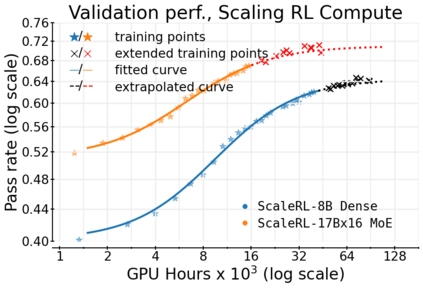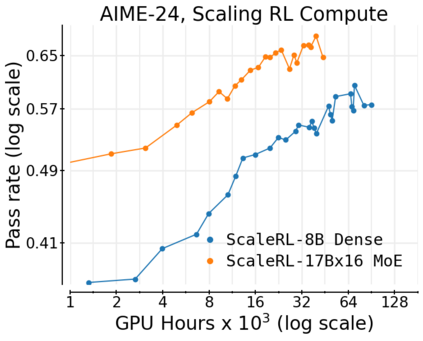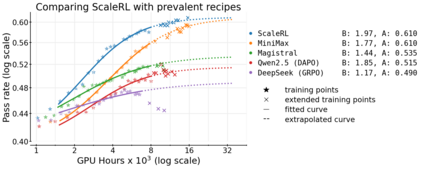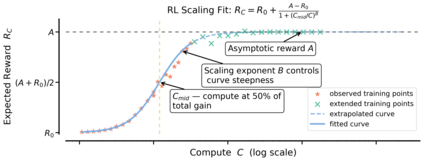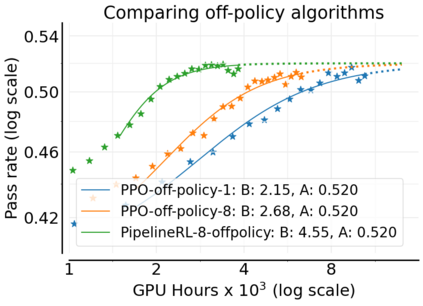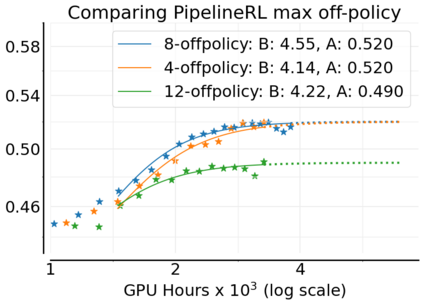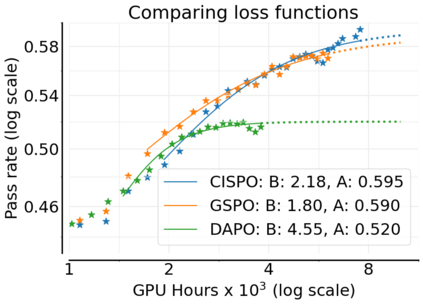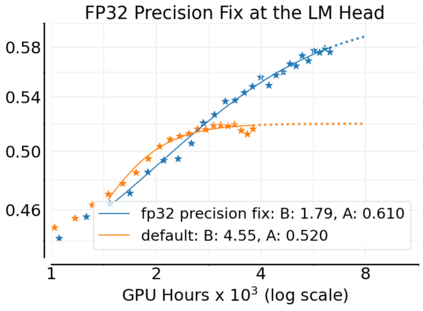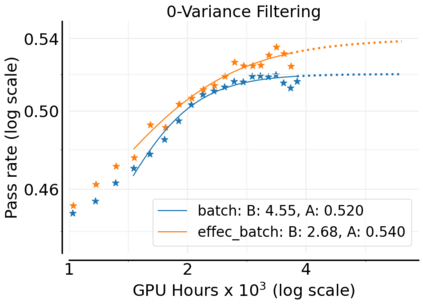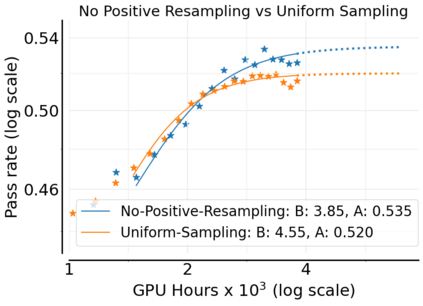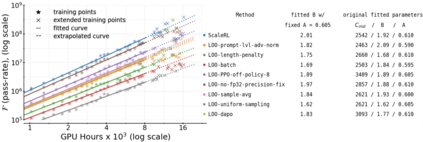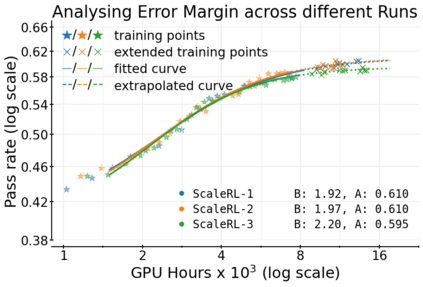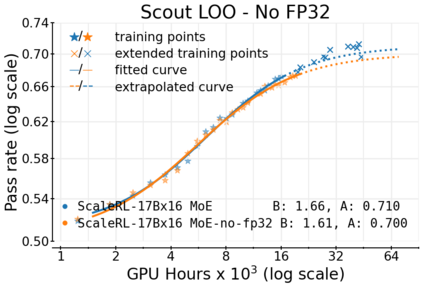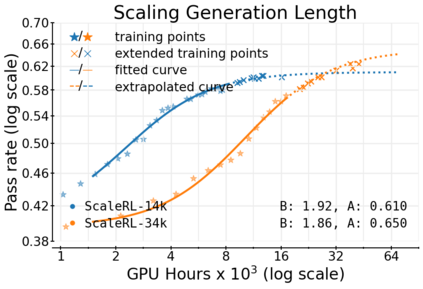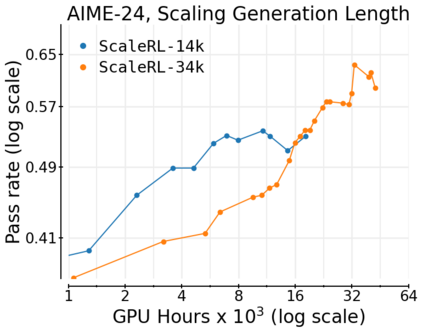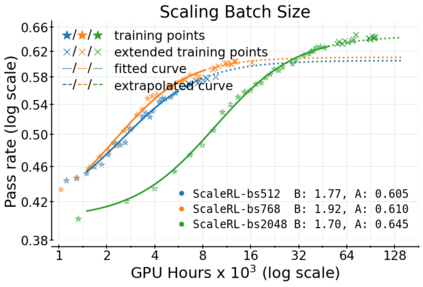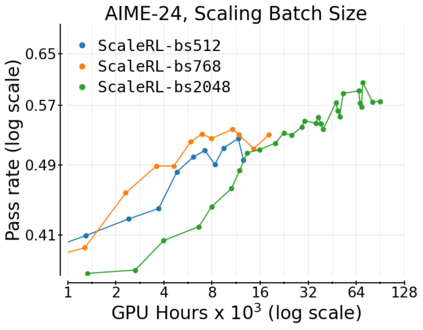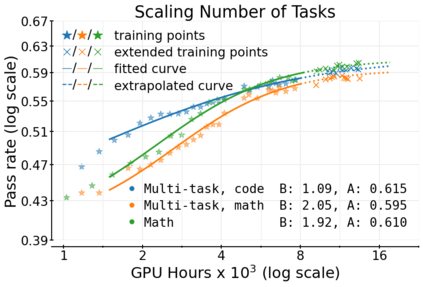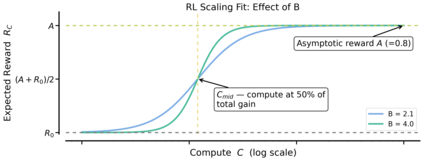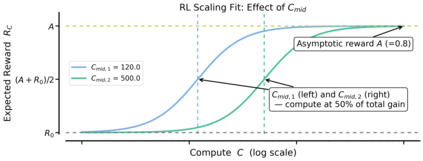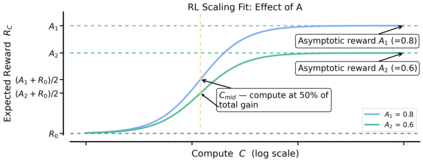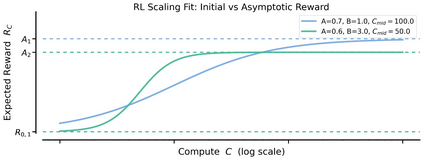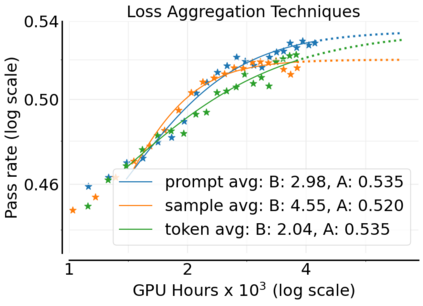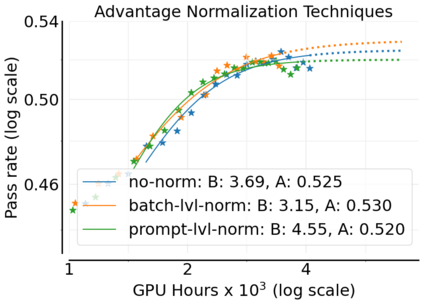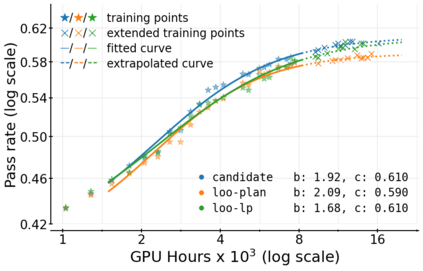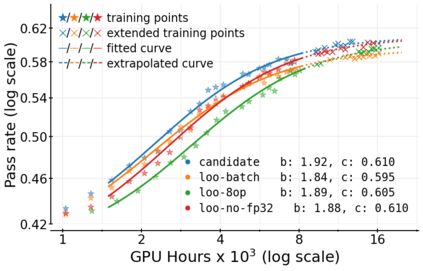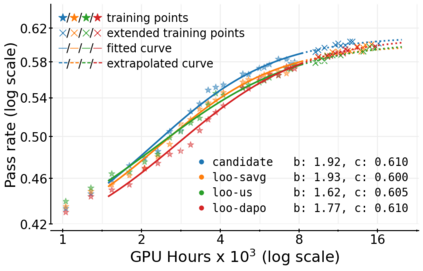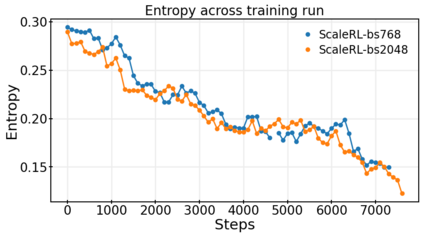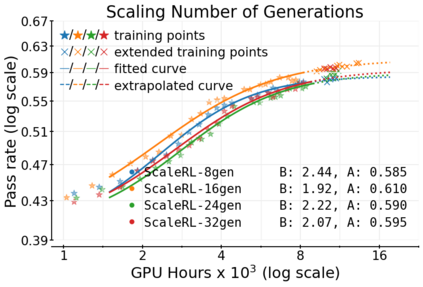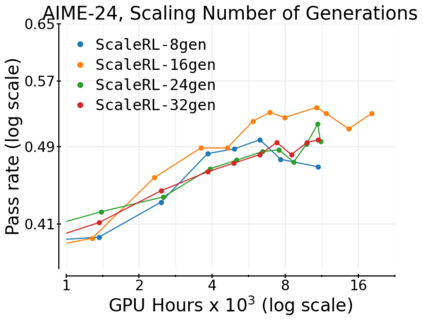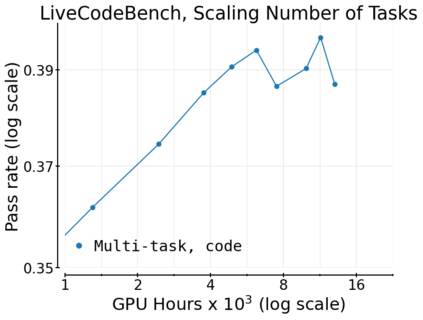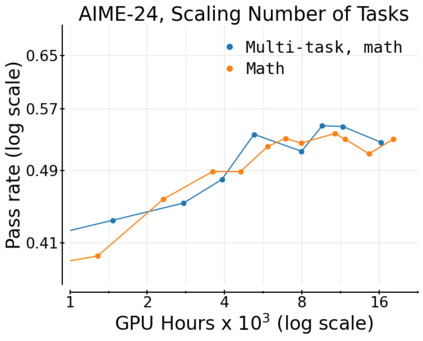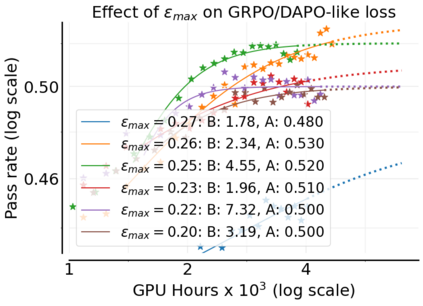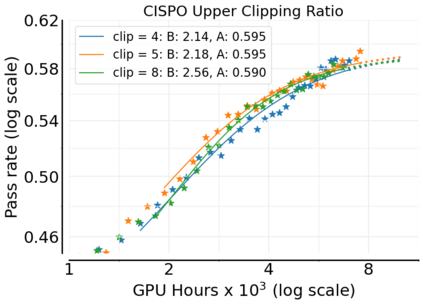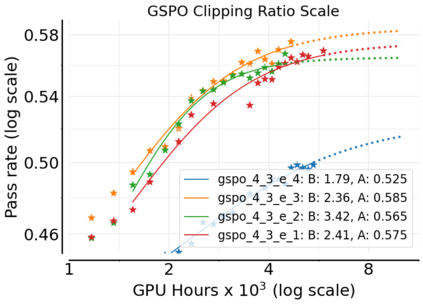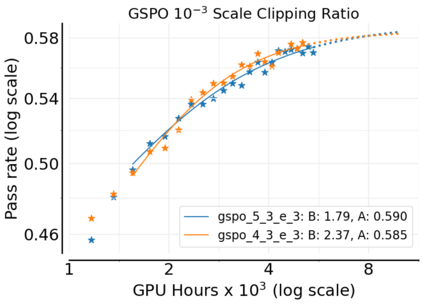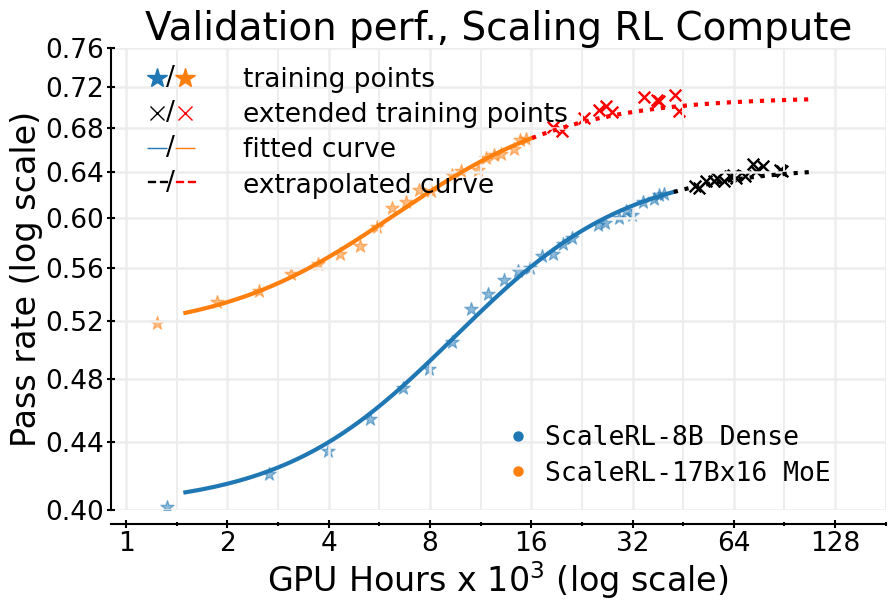Reinforcement learning (RL) has become central to training large language models (LLMs), yet the field lacks predictive scaling methodologies comparable to those established for pre-training. Despite rapidly rising compute budgets, there is no principled understanding of how to evaluate algorithmic improvements for scaling RL compute. We present the first large-scale systematic study, amounting to more than 400,000 GPU-hours, that defines a principled framework for analyzing and predicting RL scaling in LLMs. We fit sigmoidal compute-performance curves for RL training and ablate a wide range of common design choices to analyze their effects on asymptotic performance and compute efficiency. We observe: (1) Not all recipes yield similar asymptotic performance, (2) Details such as loss aggregation, normalization, curriculum, and off-policy algorithm primarily modulate compute efficiency without materially shifting the asymptote, and (3) Stable, scalable recipes follow predictable scaling trajectories, enabling extrapolation from smaller-scale runs. Combining these insights, we propose a best-practice recipe, ScaleRL, and demonstrate its effectiveness by successfully scaling and predicting validation performance on a single RL run scaled up to 100,000 GPU-hours. Our work provides both a scientific framework for analyzing scaling in RL and a practical recipe that brings RL training closer to the predictability long achieved in pre-training.
翻译:暂无翻译

